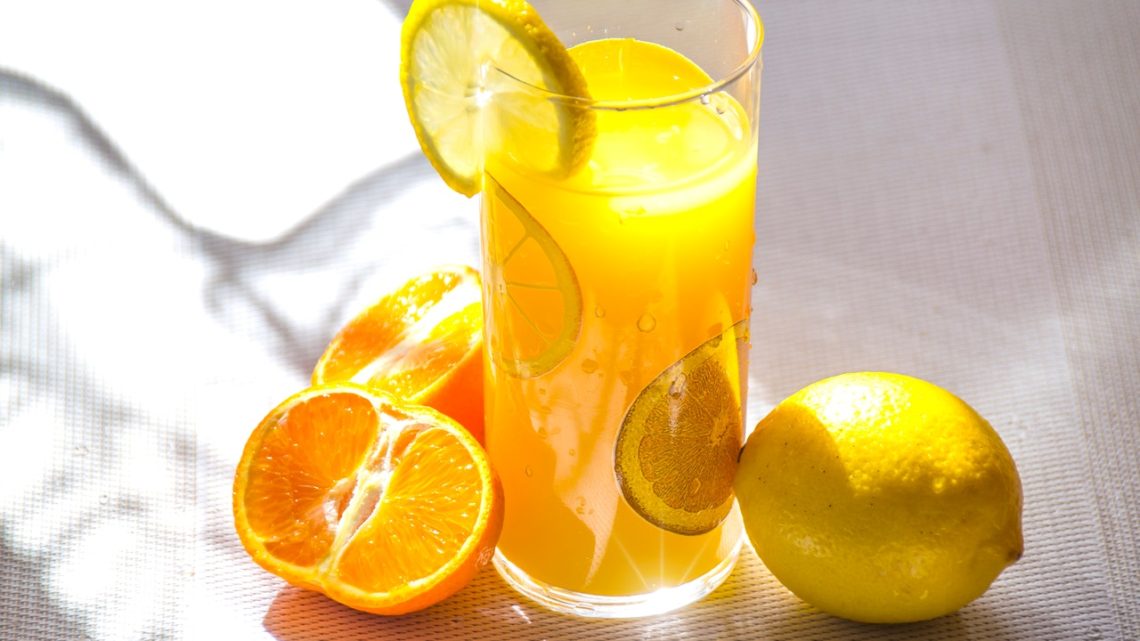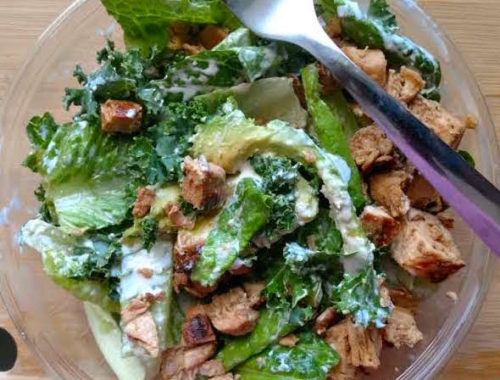We all want to lead the healthiest lives we can. So, we make all sorts of changes to our routines to maximise our wellbeing. We try to do moderate aerobic exercise for 150 minutes every week, or vigorous aerobic exercise for 75 minutes each week.
We try to eat a healthy balanced diet. But when it comes to what to drink, some of us can be left confused. Sure, we know we need to drink eight glasses of water a day. Sure, we know we should probably avoid fizzy drinks that are packed with sugar.
But what about fruit juice? This seems healthy because, well, it’s fruit! But it’s also packed with sugar and we hear conflicting advice about it all the time. Let’s get to the bottom of whether juice is good for you or bad for you!
The Pros of Fruit Juice
Let’s start with the health benefits associated with juice. When it comes down to it, pure fruit juice is literally the juice of fruits and vegetables that are known to be good for us. They are bound to contain a huge number of nutrients, including some key vitamins to help us live to our full potential. Take orange juice as an example. This is renowned for containing plenty of vitamin C, a vitamin that can help us with the growth, development, and repair of many tissues in our body. It’s also worth noting that fruit juices contain polyphenols. These can help with digestive issues. Plus, there are antioxidants! In this way, fruit juice really is great!
The Cons of Fruit Juice
So, where does concern about fruit juice come from? Here are a few pieces of information to ensure you’re getting the most from your fruit.
Fruit Juice Cleanses
Fruit juice cleanses are when you base your diet around fruit juice into your diet to help your health. Short juice cleanses like a 3 day juice cleanse could be fine for you. Just check with your doctor before getting started. However, over extended periods of time, you will not get the nutrition you require from juice alone and could begin to develop nutrient deficiency. You can’t live on juice alone.
Fiber
When you juice fruit, you lose the fruit’s dietary fiber, as most of this is the fruit’s skin and pulp. These are generally removed during the juicing process and you’ll find that your juice contains no dietary fiber at all. This means that you miss out on the part of the fruit that helps to control your blood sugar levels, meaning you can experience a spike in blood sugar as a result of drinking the juice. It’s better to eat the fruit rather than drink it if you want to get the most from it.
So, there you have it. Juice is good for you, but in moderation. Try having one glass of juice a day and eating your other four portions of fruit and vegetables. This will ensure you get all of the goodness of the fruit and vegetables you’re incorporating into your diet!




